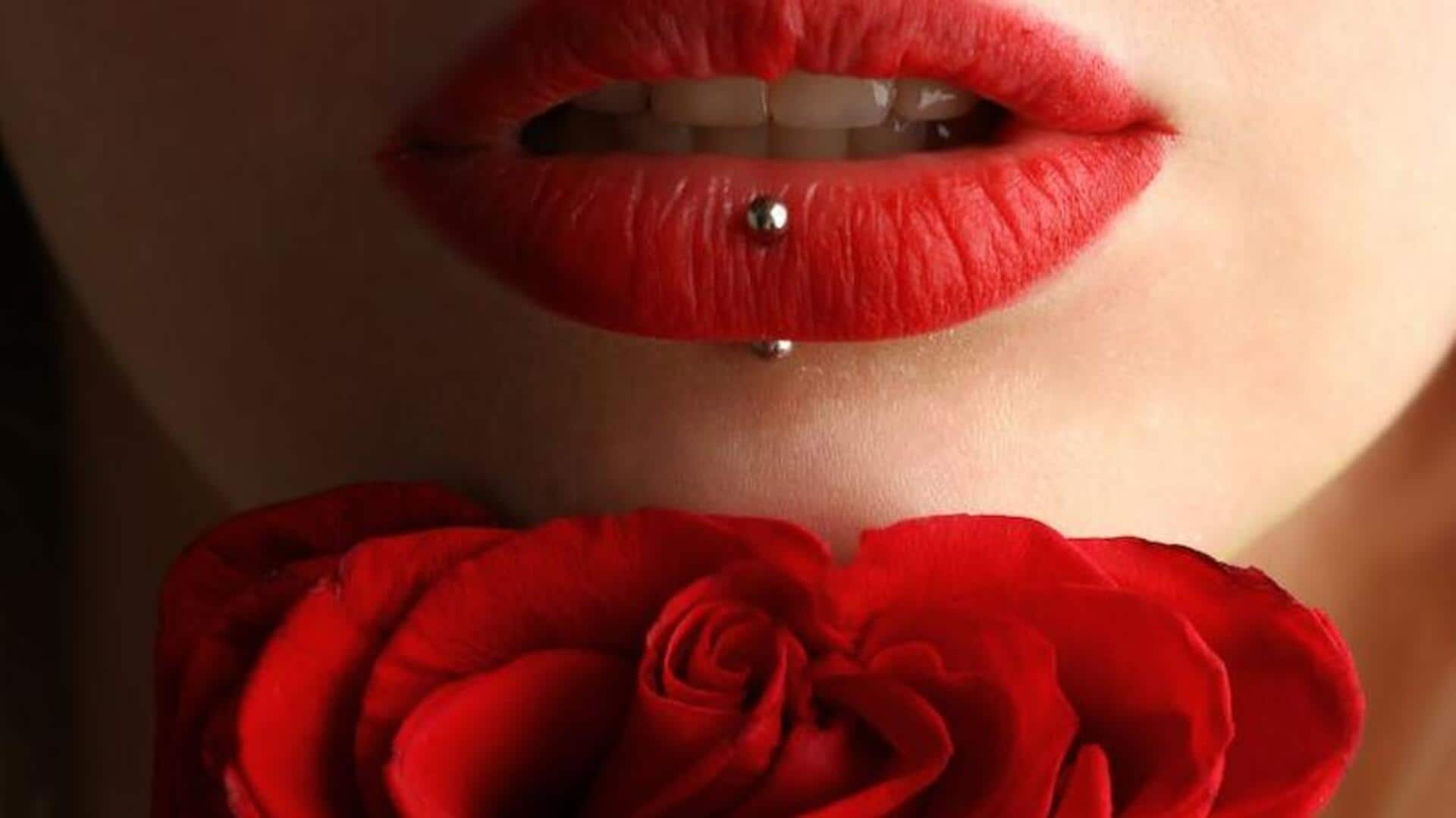
Getting a piercing for the first time? Remember these pointers
What's the story
Body piercings are a form of self-expression, but they also come with responsibilities and potential health risks. You can get piercings anywhere in the body, the most common locations are the earlobes, nose, belly button, and lips. Before deciding on a body piercing, it's essential to weigh several factors to guarantee a safe and fulfilling experience. Explore these essential guidelines.
Tip 1
Find a reputable piercing expert
Getting infected is the last thing you would want while getting a piercing. The best practice to ensure this is by getting your piercing done from a reputed place. It can be your goldsmith or any licensed studio. Look for recommendations, read reviews, and ensure the salon is clean. Your piercer should have experience, and knowledge, and should be willing to answer your questions.
Tip 2
Everything needs to be sterile
Everything your body comes into contact with when getting pierced in a salon should be sterile. This includes the piercer's hands as well as the jewelry, chair, and needle. Ensure that the studio follows strict sterilization practices. The piercer should use single-use, sterilized needles, and all equipment should be thoroughly cleaned or autoclaved (sterilized in a medical-grade autoclave).
Tip 3
Selection of jewelry
Consult with your piercer to choose appropriate jewelry. Choose one that is safe for your skin. Be aware of any allergies or sensitivities you may have to metals, such as nickel. Discuss metal options with your piercer to minimize the risk of allergic reactions. Remember, the material and size of the jewelry can impact the healing process and overall comfort.
Tip 4
Give it time to heal
The location of the piercing, the thickness of the tissue, and the degree of vascularity of the skin at that point all affect how long it takes to heal. Complete healing of earlobes can take up to eight weeks, whereas cartilage requires six to twelve months to heal. When a piercing is free of redness, soreness, and lymphatic discharge, it is considered entirely healed.
Tip 5
Stay clean
It doesn't end once you get the piercing done. It's crucial to establish and maintain an after-care routine too. After a piercing, your body does heal itself, but you have to support it along the way. Experts advise cleaning the piercing and its surroundings with saline water or soap and water. It is best to clean twice, in the morning and at night.